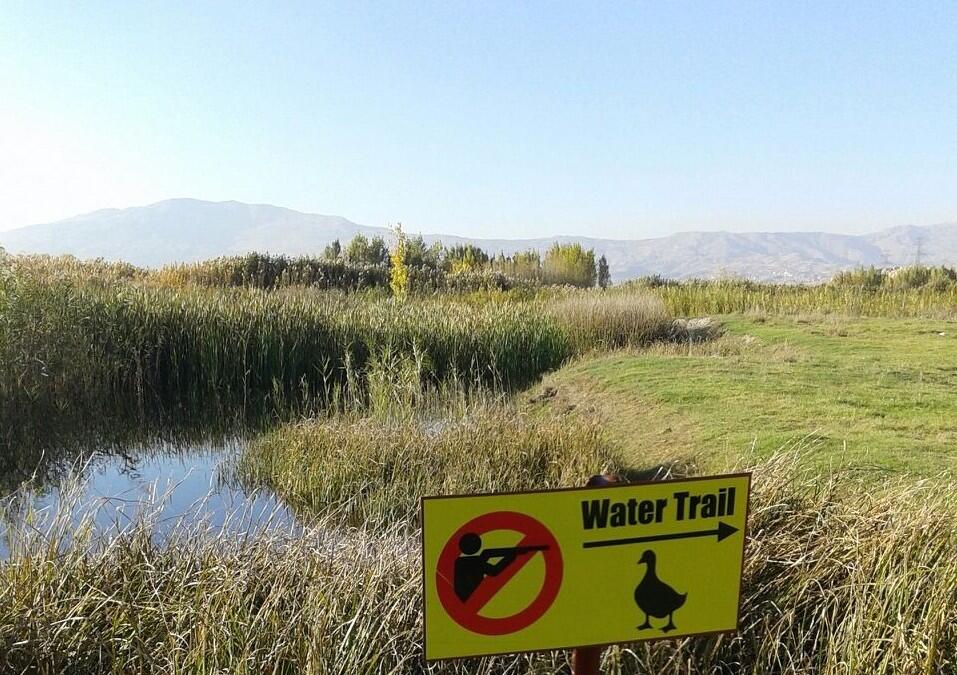Today is a day to celebrate wetlands! February 2 is World Wetlands Day, the date of the adoption of the Convention on Wetlands (the so-called Ramsar Convention). This year the focus is on Wetlands for our future: sustainable livelihoods.
With more than a billion people making a living from wetlands, they provide vital benefits including food, fibre, flood protection, water purification and supply.
Sustainability is a huge theme central to the future of biodiversity and human wellbeing. We cannot continue to treat the loss of biodiversity as an issue separate from the core concerns of society. Reducing poverty and improving the health, wealth and security of present and future generations will be more likely to happen if we give biodiversity and ecosystem services the priority they deserve.
These are big challenges, and there are no simple solutions.
The BirdLife International Partnership has an impressive track record of working locally, nationally and globally to create the environmental conditions for sustainable development, including many wetlands. Working with communities, government, and across sectors in some of the world’s biologically most important wetlands, BirdLife Partners are demonstrating that it is possible to bring about the changes required for living sustainably on our planet Earth.
Wetlands are diverse habitats that are extremely important for biodiversity; at least 12% of all Globally Threatened Birds depend on wetlands. Wetlands make up a high percentage of Important Bird and Biodiversity Areas mainly due to their importance for large congregations of waterbirds.
About half of the 422 IBAs in Danger identified by BirdLife Partners are inland and coastal wetlands, where urgent actions are needed to stop their loss and degradation.
The Ramsar Convention has become one of the most important global mechanisms for BirdLife Partners in their national work with many Partners having contributed to the designation of IBAs as “Wetlands of International Importance” in their countries.
On BirdLife’s datazone you can access case studies on biodiversity conservation and sustainability from the links listed below.
Wetland ecosystem services, livelihoods and human wellbeing
- The sustainable use of wetland resources can benefit both wildlife and local communities
- ‘Nature-friendly’ fish-farming techniques in Hungary bring economic benefits
- Community led wetland restoration in Nigeria
- Managing coastal wetlands for people and biodiversity in the Humber estuary, UK
- Safeguarding wetland ecosystems is vital for local communities
- Developing sustainable livelihood options will help communities adapt to climate change
- Mangrove ecosystems provide numerous benefits including protection against sea level rise
- Turning invasive plants into biofuels and fertiliser benefits both biodiversity and local livelihood
- The Berga Floodplain Site Support Group – a local initiative for a globally important site
- Traditional pastoralism is critical to the conservation of some of Asia’s most threatened birds
- BirdLife’s Rwandan Partner (ACNR) is helping a community to manage wetland resources sustainably
- Nature Uganda is empowering communities to manage natural resources and restore ecosystem services
- Local self-regulation can be more effective at ensuring sustainable resource use than outright ban
- Government and local community are working together to restore life to the mangroves of Puerto Rico











